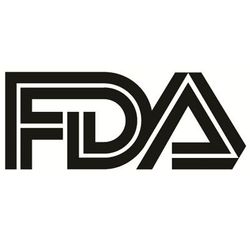Navigating The Evolving Landscape of Adalimumab Biosimilars for Inflammatory Disease - Episode 6
The Role of Pharmacy Benefit Managers and Payers in Accessing Adalimumab Biosimilars
A clinical pharmacist discusses the role of pharmacy benefit managers and payers in accessibility of adalimumab biosimilars.
This is a video synopsis/summary of a panel discussion involving Jamie T. Brogan, MSN, APRN, FNP-BC; Kostas Botsoglou, MD; Jordan Axelrad, MD, MPH; Sophia Humphreys, PharmD, MHA; and Peter Lio, MD.
The conversation delves into the role of payers and pharmacy benefit managers (PBMs) in facilitating patient access to biosimilars. PBMs primarily manage formularies, and despite numerous biosimilar launches in the United States, uptake has been relatively low. This is attributed to formulary restrictions imposed by PBMs, leading physicians to prefer biosimilars but encountering barriers due to patient insurance guiding them towards the reference product.
However, there are signs of change, with some large PBMs beginning to cover biosimilars. The trend is encouraging, as biosimilars offer cost savings for both healthcare industries and patients. Despite this, uptake remains low, with only a 2% increase noted by the end of 2023, though there are indications of shifting towards biosimilar usage, especially in Medicare patients.
In New York, for instance, many payers are transitioning towards biosimilars, prompting the need for readiness among patients and providers for potential switches. Pressure is mounting on PBMs to improve formulary access for biosimilars, given the expanding options available and the cost-saving potential, particularly with medications like adalimumab.
Video synopsis is AI-generated and reviewed by HCPLive editorial staff.



